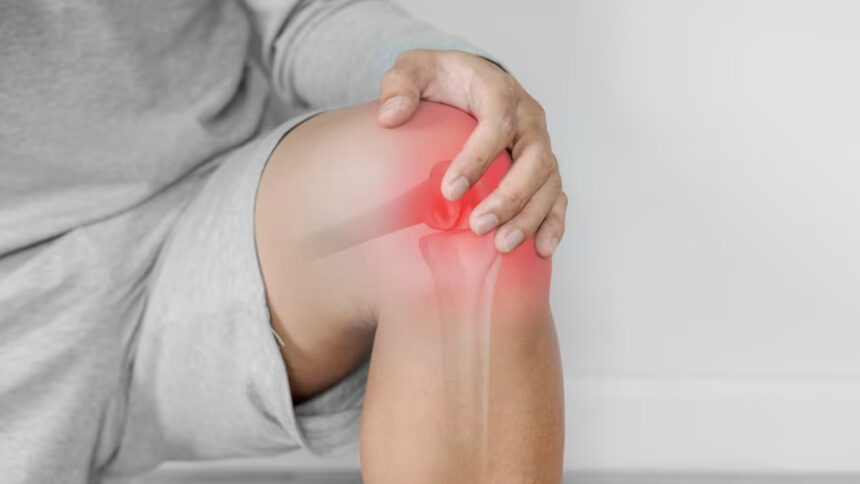Knee pain is a common condition that affects people of various ages and can result from an injury, such as a ruptured ligament, or a medical condition like arthritis. The discomfort ranges from a mild ache to severe pain, and it may limit your ability to perform daily activities. Understanding the nature of your knee pain is the first step toward finding an effective knee pain treatment and regaining mobility. Here is more information on the causes, symptoms, and treatment options available for knee pain:
What Is Knee Pain?
Knee pain refers to any discomfort or pain experienced in or around the knee joint, and it can originate from any of the bony structures, cartilage, or ligaments that make up the joint. The location and severity of the pain vary depending on the cause of the problem. Some individuals experience a sharp, localized pain, while others may have a dull, widespread ache.
The knee is a complex joint that bears a significant amount of weight, making it susceptible to various injuries. Effective knee pain treatment often requires a comprehensive evaluation by a healthcare professional to identify the specific cause. This allows for a targeted approach that addresses the root of the problem, not just the symptoms.
What Causes It?
Knee pain can be caused by a wide range of factors, including acute injuries, overuse, and underlying medical conditions. Injuries such as torn cartilage, ligament tears, and fractures are common culprits, and they often result from sports or accidents. These acute issues can lead to sudden, severe pain and instability in the knee.
Chronic conditions are another source of knee pain, with osteoarthritis being one of the most prevalent. This degenerative joint disease causes the cartilage in the knee to wear down over time, leading to pain, stiffness, and reduced mobility. Other conditions like rheumatoid arthritis, gout, and infections also contribute to knee pain.
What Are the Symptoms?
The symptoms of knee pain manifest in several ways, and they often depend on the underlying cause. Common symptoms include swelling and stiffness in the knee joint, which can make it difficult to bend or straighten the leg. Individuals may also notice redness and warmth to the touch, indicating inflammation in the area. The severity of these symptoms can fluctuate, sometimes worsening with activity.
What Does Knee Pain Treatment Involve?
Professional knee pain treatment may involve advanced regenerative medicine techniques designed to promote healing and reduce inflammation. These treatments are evaluated when conservative measures do not provide adequate relief, and they may offer long-term benefits.
- Platelet-rich plasma (PRP): This therapy uses a concentration of a patient’s platelets to accelerate the healing of injuries.
- Prolotherapy: This treatment involves injecting a solution into the knee to stimulate the body’s natural healing response, helping to strengthen and repair ligaments and tendons.
- Stem cell-derived exosomes: These use cellular messengers to target inflammation and promote tissue repair.
- Viscosupplementation: This treatment involves the injection of a lubricating fluid into the knee joint to improve function and reduce pain.
A healthcare professional will determine the most suitable treatment for your specific condition to make sure you receive the appropriate care.
Find Relief Now
Knee pain can impact your quality of life, but there are many effective treatments available to help you find relief. Understanding the causes of your pain is the first step toward recovery, and professional care provides the guidance you need. If you are experiencing persistent knee pain, consult with a healthcare professional to explore your options.





